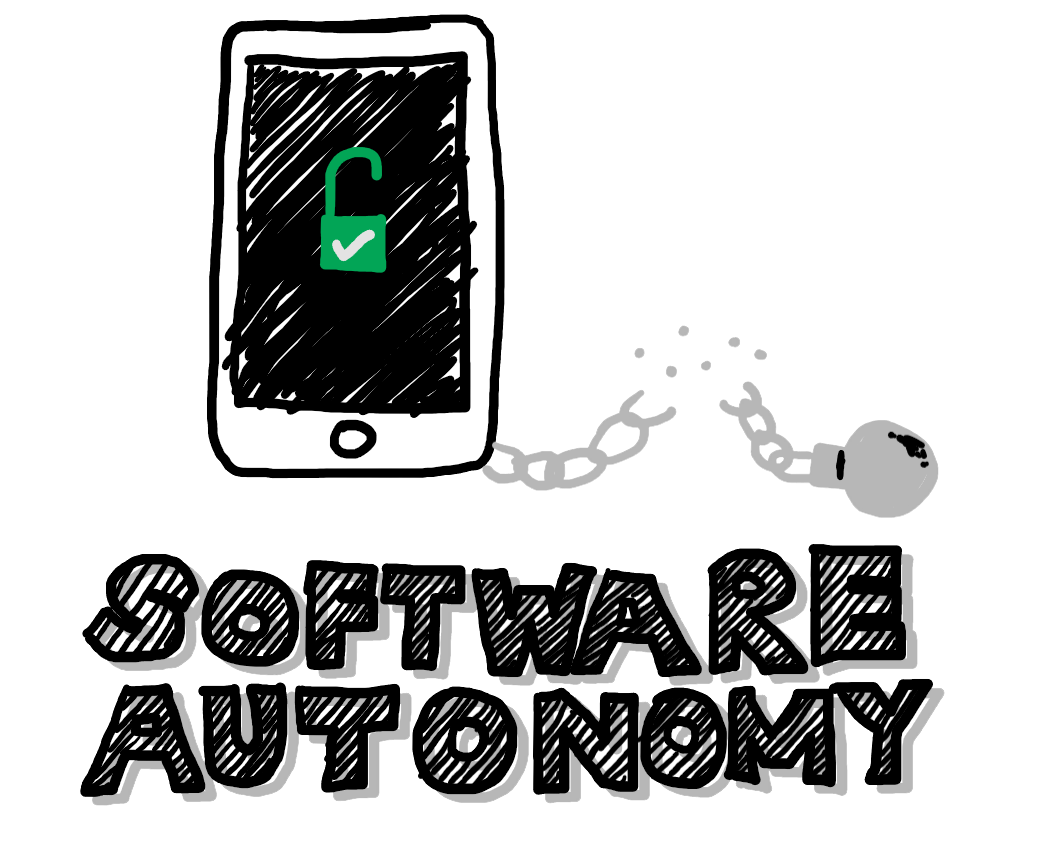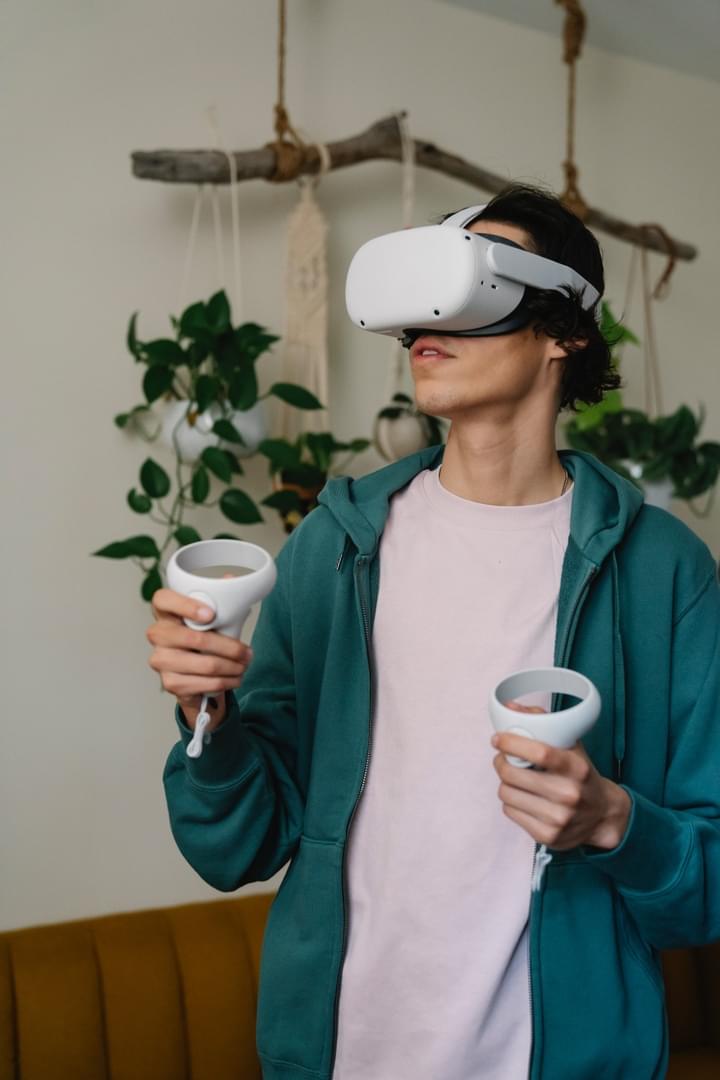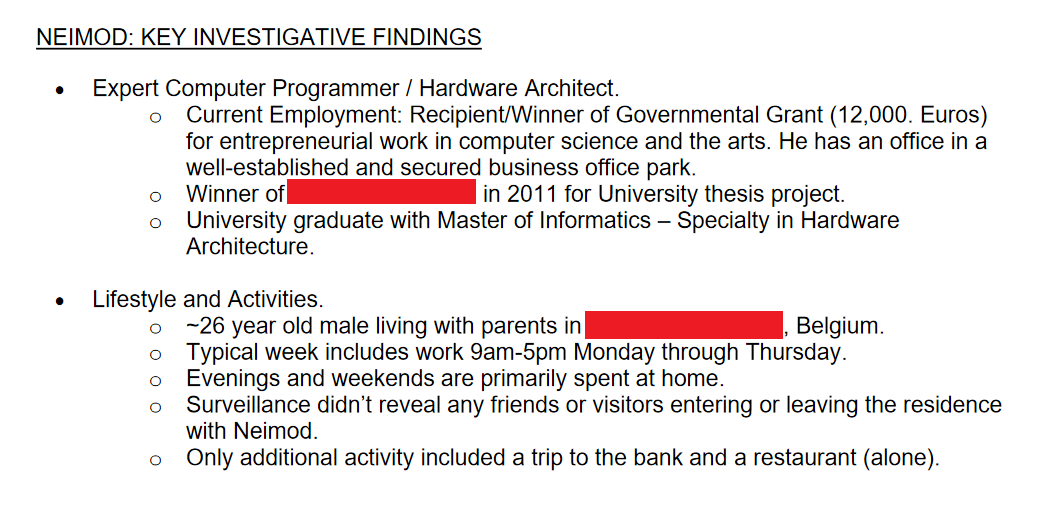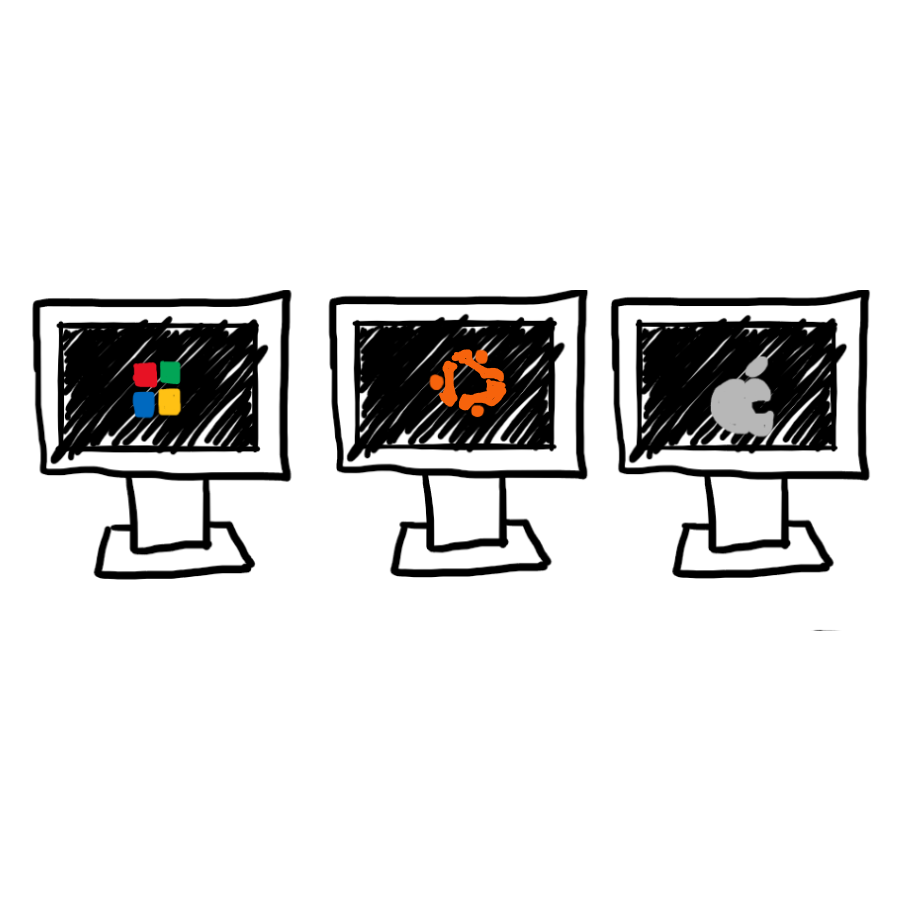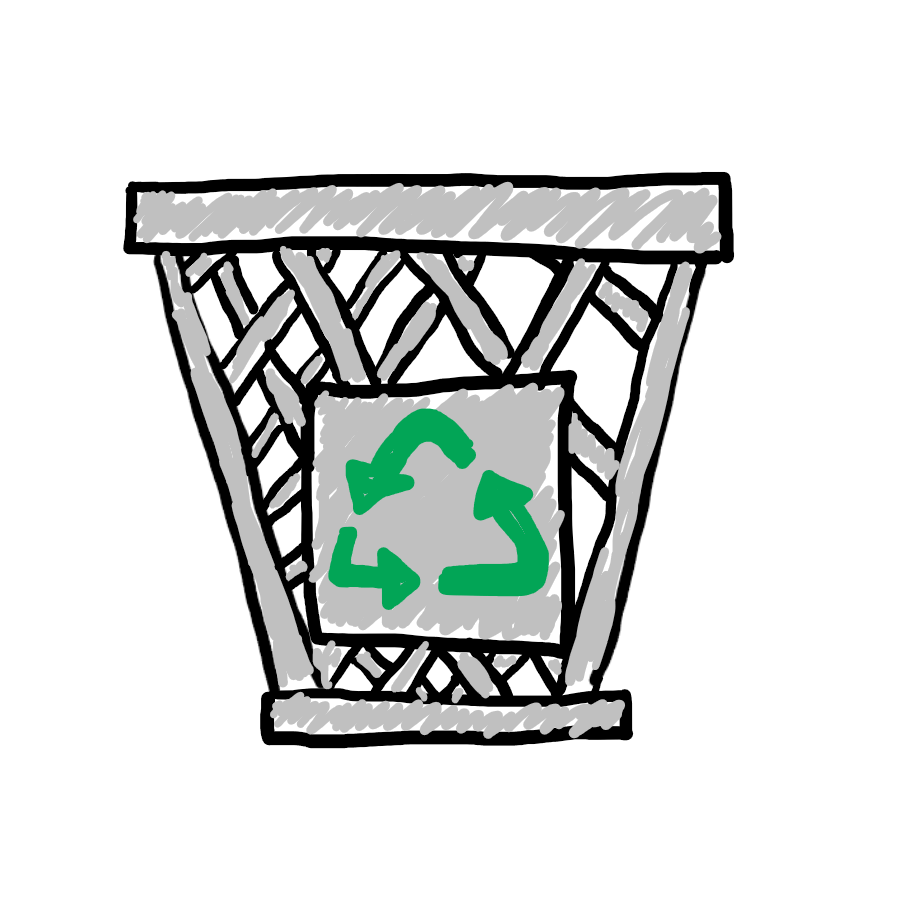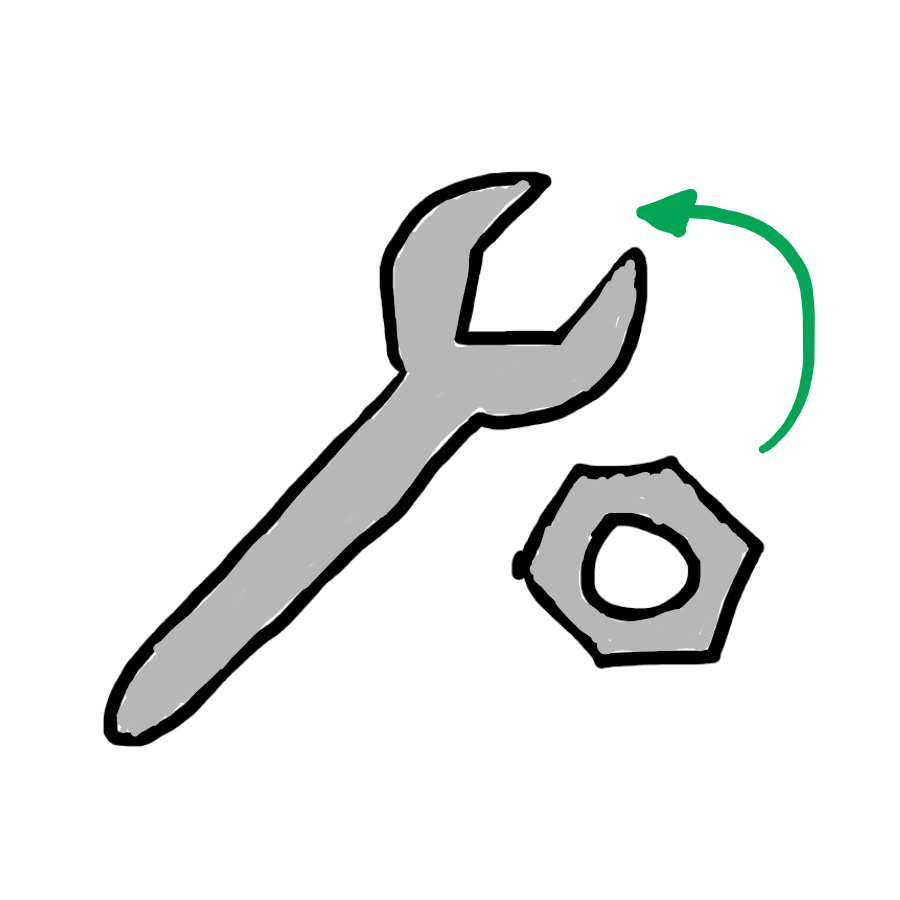How it works
Why software autonomy?
Electronic devices like Apple's iPhone, the Oculus Quest 2 and countless IoT devices do not allow you to uninstall any software without the vendor's permission. These walled gardens often contain software that monitors your usage of the device.
Sometimes, hobbyists and developers create "jailbreaks" which frees the device from the company's grasp and let you use your product without getting spied on. Most of these jailbreaks never see the light of day, however, because their creators fear getting sued by an army of lawyers from big tech companies like Facebook.
How can we fix this?
Jailbreaks should be protected by the law so that devices like the smartphone remain an open market and users always have an option that respects their privacy.
There are already a lot of jailbreaks legal in many countries for lots of devices,but companies like Apple still forbid jailbreaks in their terms of service and sue jailbreakers for infringing copyrights. This effectively shuts down a lot of jailbreaking, and can be fought by the acknowledgement that a jailbreak respects copyright laws.
